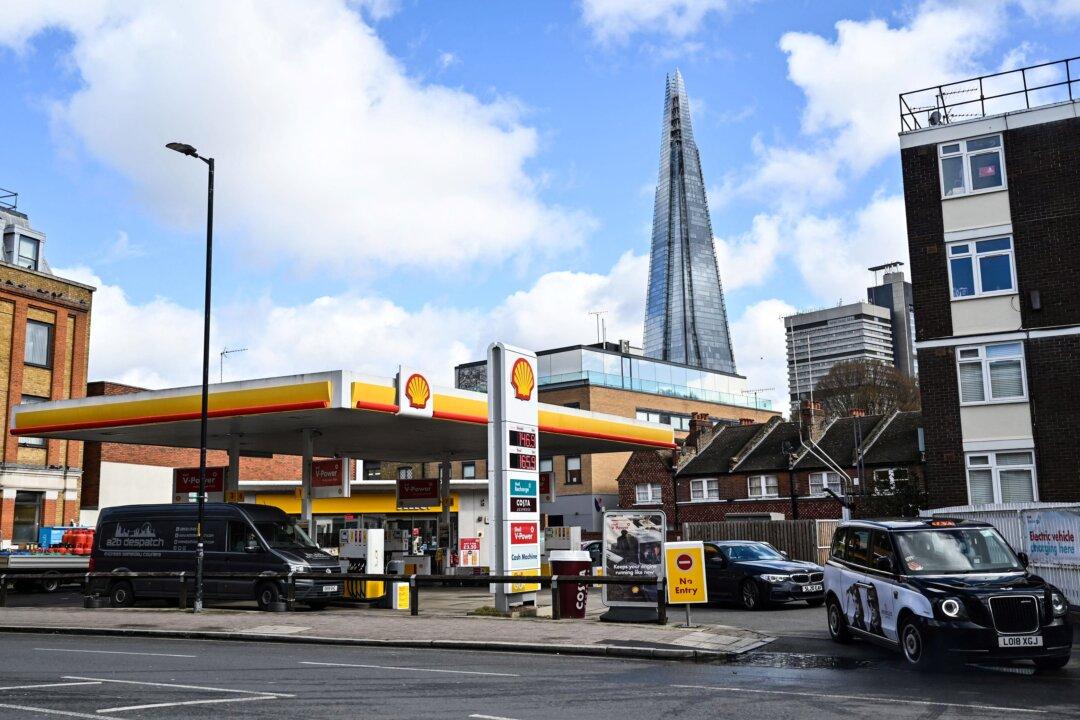The UK’s annual inflation rate in June has slowed down to 7.9 percent, largely driven by falling motor fuel prices, according to figures published on Wednesday by the Office for National Statistics (ONS).
The drop, bigger than some forecasts, left economists wondering whether the Bank of England (BoE) would go easier on its next interest rate hike, but the optimism is also dampened by the unexpectedly high rate of pay growth published last week.





